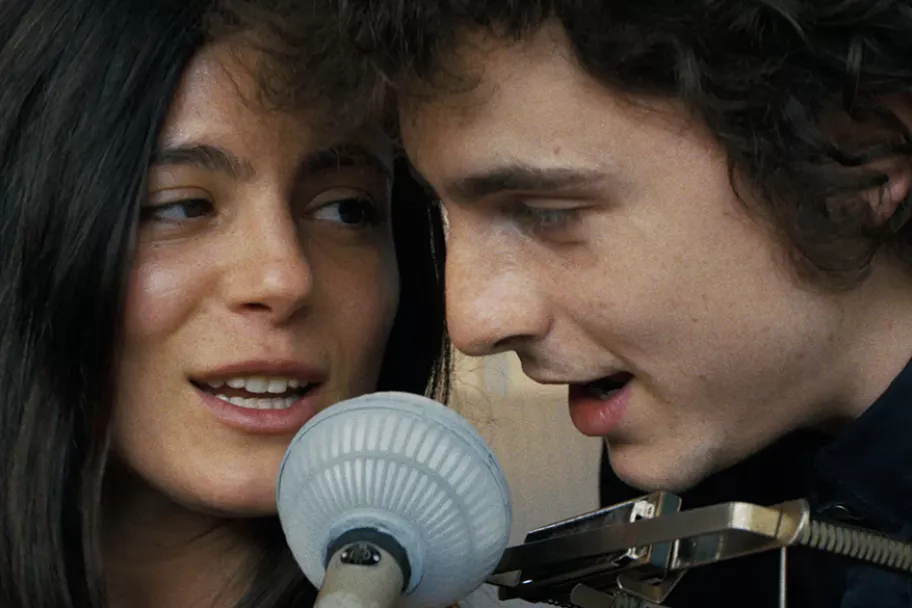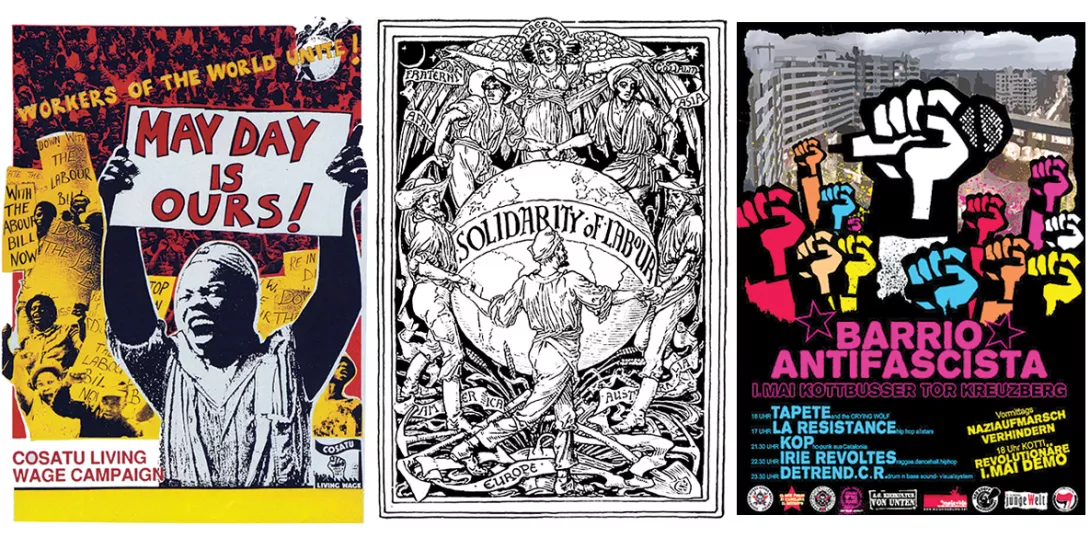The Star's critic MARIA DUARTE recommends an impressive impersonation of Bob Dylan
Illuminating noir
The HBO/Sky drama True Detective: Night Country’s indigenous representation offers hope for decolonising television, writes AGATA LULKOWSKA
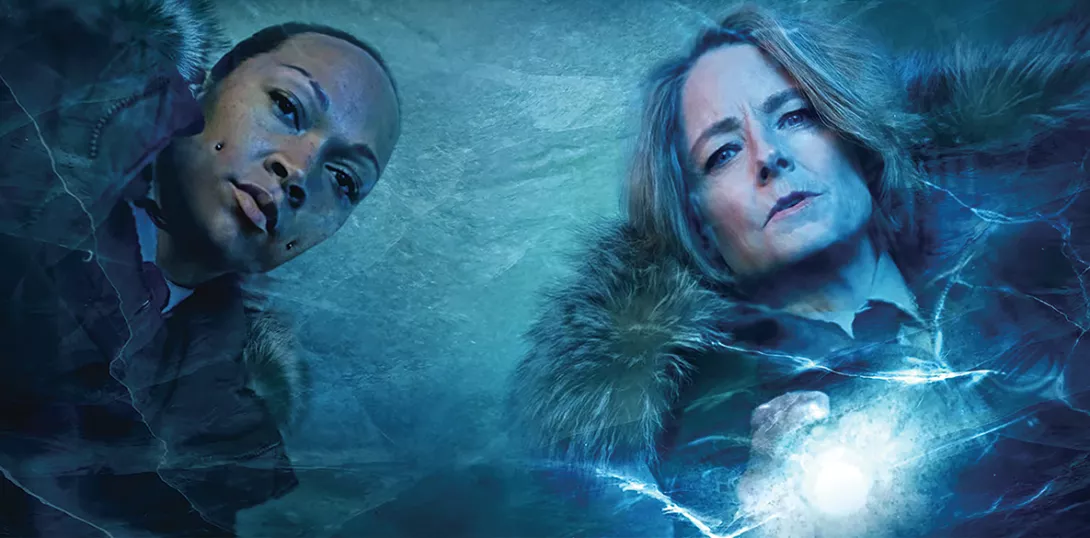
TRUE Detective: Night Country, the fourth season of the HBO/Sky drama, is a twist on its familiar neo-noir mystery format, starring Jodie Foster and Kali Reis as the lead detectives. It’s the first time women have been at the show’s helm.
The season is set in Ennis, a fictional mining town in Alaska, during a polar night. The local indigenous community, Inupiat, (a real group of indigenous Alaskans) have formed families and social ties with incomers over the years, but their coexistence is not without hurdles.
More from this author

MICHAL BONCZA recommends a compact volume that charts the art of propagating ideas across the 20th century

MICHAL BONCZA reviews Cairokee gig at the London Barbican
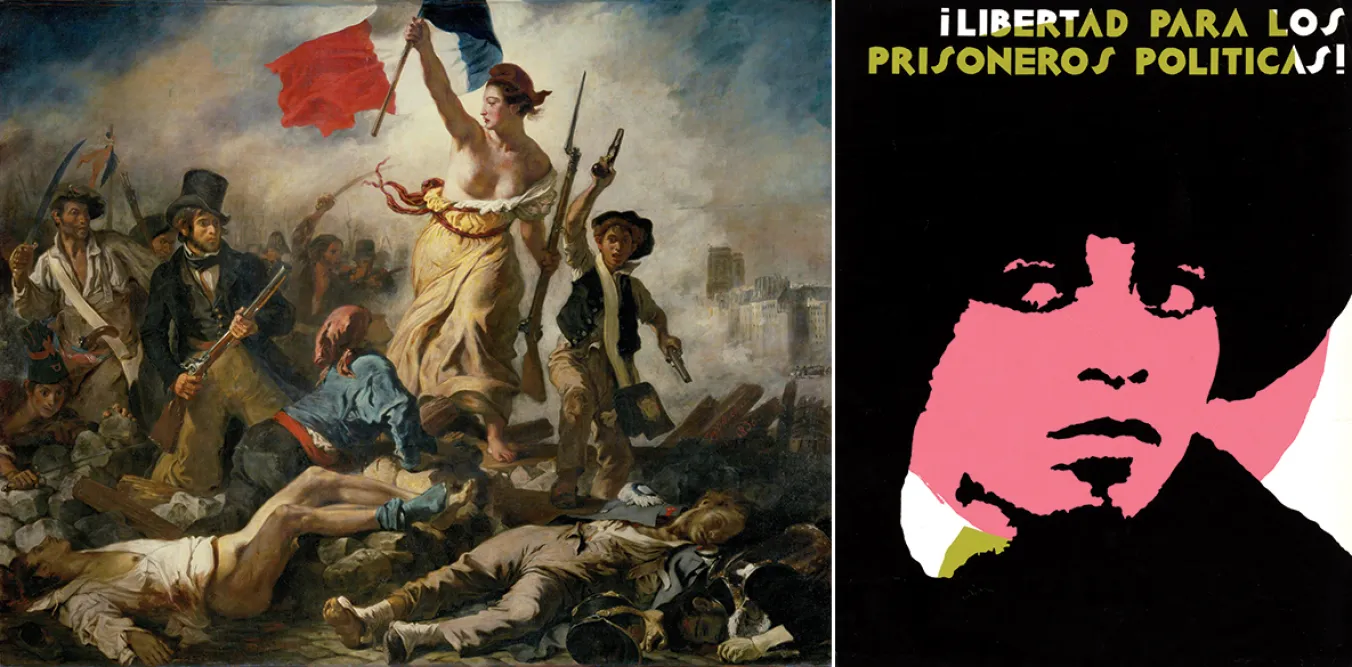
MICHAL BONCZA rounds up a series of images designed to inspire women
Similar stories

The biodiversity summit in Colombia showed national governments are struggling to address the complexity of challenges that need to be overcome if we’re to preserve the natural world, writes HARRIET BULKELEY

ABAYOMI AWELEWA celebrates AKINWANDE OLUWOLE SOYINKA, the legendary African author whose work shows the powerful role of the arts in challenging oppression, advocating for justice and inspiring social change
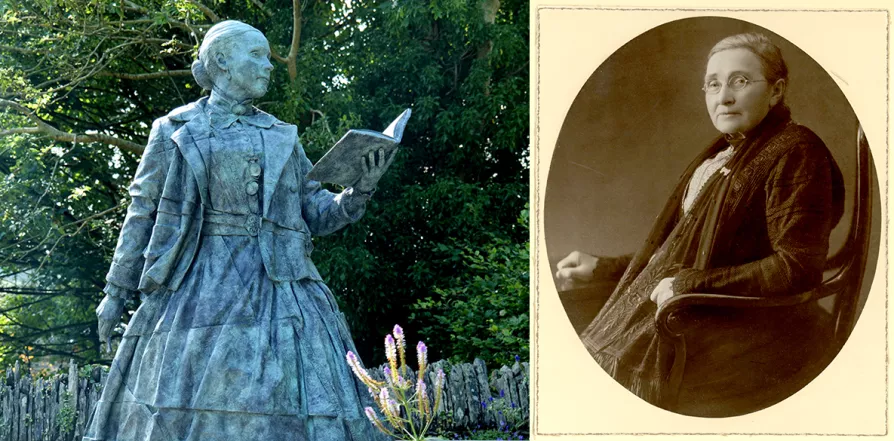
JANE AARON celebrates the remarkable campaigning life of Sarah Jane Rees as she takes her place among ‘Monumental Welsh Women’
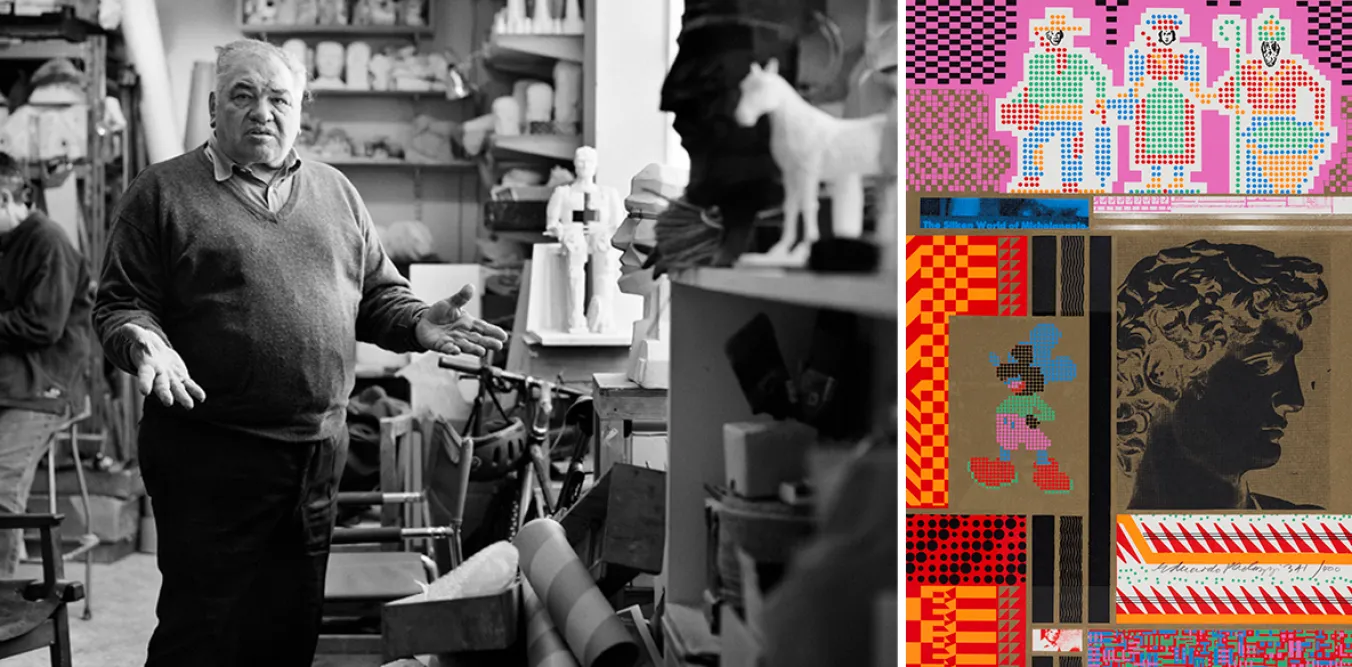
BLANE SAVAGE tours an exhibition that highlights the revolutionary work of Britain’s leading pop artist


